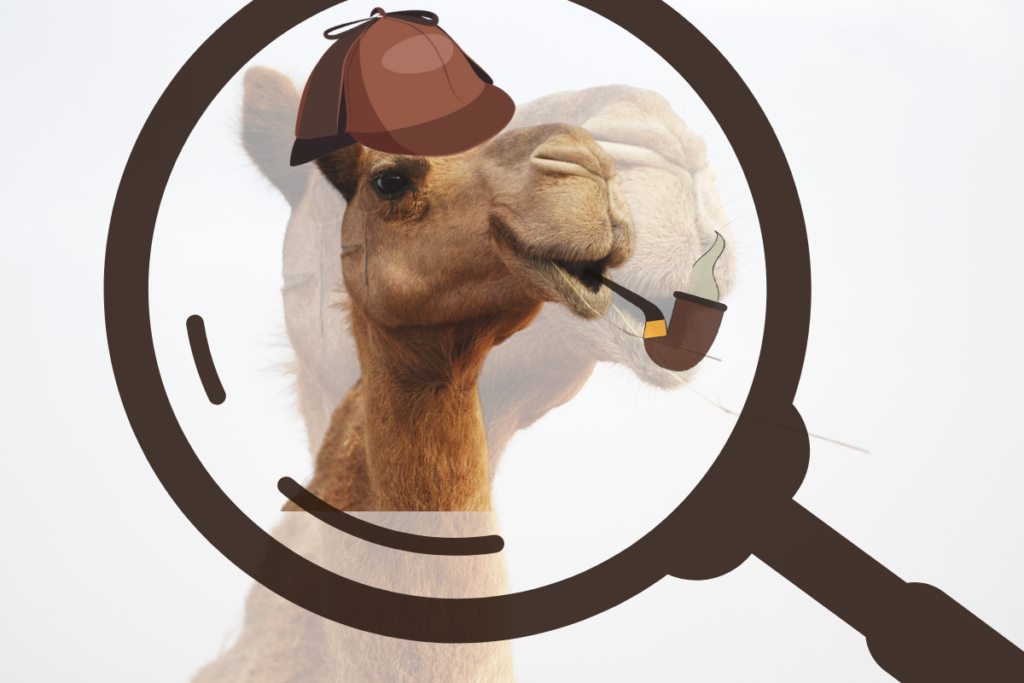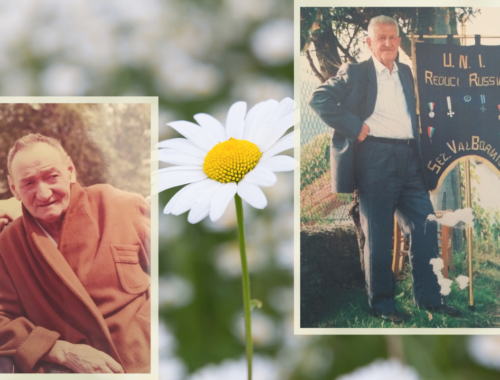
Elementary, My Dear Watson!
Few words to introduce myself and say why this blog that I named Serendipity. I casually met the word and it has captivated me ever since. It has been voted one of the ten English words hardest to translate by a British translation company (2004). You may ask why on earth I found out one of the hardest to translate English word and I decided to get a blog about it. A possible answer could be that I like to complicate my life. Another possible answer involves the meaning of this set of sounds. Serendipity is, at the same time, a very young and a very old word. Young, as it was coined in 1754 by Horace Walpole to describe the state of grace for which you make fortunate discoveries you are not in quest of.

Walpole refers to a Persian fairy tale which had got some success in the West, The three princes of Serendip1. The three princes were enlightened well-educated sensitive men. Their father the king decides to send them into the world, to test on the field their training. Along the way, they meet a man who has lost his camel and his pregnant wife. The princes describe the animals to him down to the smallest details, despite never having seen it. The owner, who seems more concerned about it than about his wife and unborn heir, reports them and has them arrested. The princes try to explain how they had inferred that the camel was lame, blind in one eye, missing a tooth, was bearing honey and butter on its back and carried a pregnant woman. The explanation seems to the person concerned highly unlikely, as unlikely Sherlock Holmes’ methods seems to the gullible Dr. Watson. When everything seems lost, the camel is found, irrefutable proof that it had not been stolen, the princes are freed and appointed advisers to the local king. Shortly, the three princes were curious shrewd men, able to see not immediately useful things2. This skill brings them great fortune (to be honest, after making them risk their neck). Classic examples of serendipity are Viagra, the glue of sticky notes and Colombo’s discovery of America. The Cambridge Dictionary describes serendipity as “the fact of finding interesting or valuable things by chance”, but my favourite definition is American researcher Julius Comroe’s:
Serendipity is looking in a haystack for a needle and discovering a farmer’s daughter.
Julius Comroe
Ultimately, I chose Serendipity as title of this blog because it’s all-embracing term, which allows me to bring together in one place the variegate realm of my preferences. About what would I like to talk here? This is a blog of things that I love, occasionally of things that I hate or dislike, casting aside what leaves me cold. I am addicted to a certain number of dangerous substances and am not planning to quit. My addictions are self-perpetuating and fuel each other mutually. Here they are:

Books
I’m an avid reader, I started early and I never stopped. I love that strange and magical link between words and things, for which a set of letters names a certain thing, the same for everyone and for each one slightly different. The fact that concatenations of words can make sense of the world or, on the contrary, make it meaningless fascinates me. Reading mesmerises and consumes me in a way that people can’t. I read everything, from mythology to biographies, with an ill-concealed preference for essays and detective novels. Now, far be it from me to say that reading makes people better! I know myself well enough to be able to say that I do not have an easy personality and that my addiction to books has certainly not made me more friendly, patient, tolerant, wise or humble. On the contrary, it has made me just more eccentric, absent-minded and demanding (to say the least). There is this Feuerbach’s aphorism saying that:
As we expand our knowledge of good books, we shrink the circle of men whose company we appreciate.
Ludwig Feuerbach
I’m afraid that for me it’s true.
Music
It gives me the same level of addiction than books, but it develops differently. Whereas a book usually doesn’t last me more than two days, I could listen to the same song or album for weeks on end. As music is made of a lighter substance than prose’s, I need to be exposed to it for longer, to make it settle in my cells and build each one of my fibres anew. As for the books, I’m not picky, although I must admit a preference for at-least-thirty-years-old music (I allow exceptions) and a snobbery towards rap, metal and commercial music.
Movies
The rapture is the same but with a not secondary discomfort, as a movie lasts only a couple of hours. My selectivity’s standards are very high: I inherited a “desert-island movies” taxonomy from my dad and the procedures for being admitted aren’t easy (my dad is even pickier than I am). I refrain from coining a “desert-island book” category to not destroy the ecosystem with deforestation.
Philosophy… or maybe I’m too old for this?
Well, that is the truth of the matter; and you will grasp it if you will now put philosophy aside and pass to greater things. For philosophy, you know, Socrates, is a charming thing, if a man has to do with it moderately in his younger days; but if he continues to spend his time on it too long, it is ruin to any man.
Plato, Gorgias (484c)
My choice to study Philosophy at university wasn’t against the Plato’s Callicles, for the simple reason that I hadn’t read it yet. Philosophy is an old friend with wrinkled face of my high school Philosophy teacher, 1.5 meters tall, razor-sharp. It would be ludicrous for her the idea that it comes a certain time when coherence of thought becomes optional. I hope her spirit will be with me until the very end.
Languages
This is a recent passion. During my school years I believed I had no talent for languages, thought that, out of laziness, I carried with me for too long. Then, thanks to the crisis, the lack of work and a degree in philosophy, I decided, as many others, to try my luck abroad. Learning a language is a process that we all have come through unharmed, but of which we unfortunately do not recall anything; it’s a shame because learning a language is, and there is not better word, funny; but it is also unsettling and shattering. It leads you to discover new ways of thinking and relating to the world. It builds new metaphors and renews the old ones. And, last but not least, it makes you discover other books, music and movies.
These are the paths I follow, along which it happens to meet camels, cameleer and … ideas.

Déjà vu on London Bridge
You May Also Like

Déjà vu on London Bridge
25th October 2015
Bella Ciao
25th April 2020